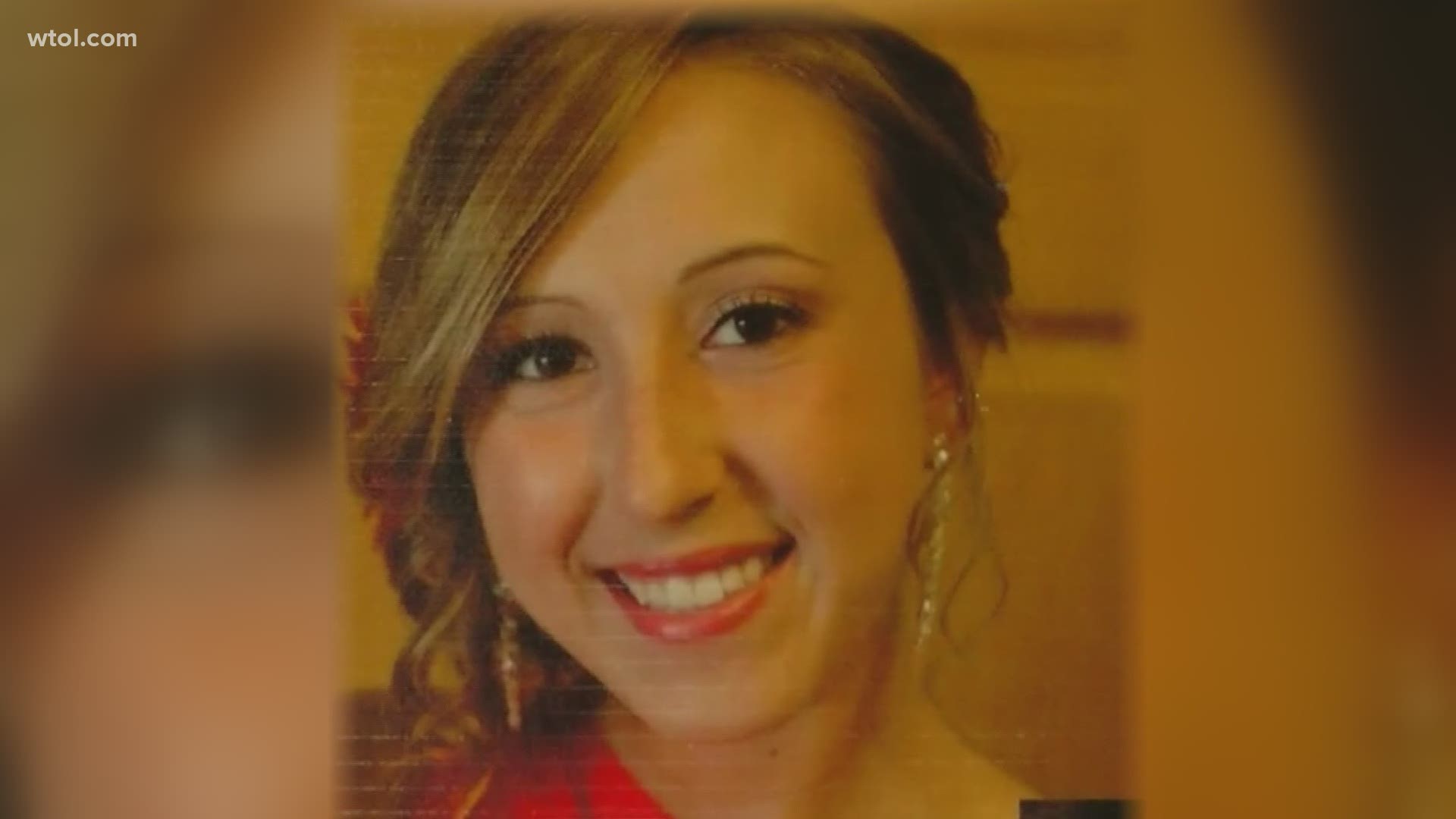FULTON COUNTY, OHIO, Ohio — This week marks a somber anniversary in our community. Four years ago on July 19, 2016, Sierah Joughin went missing while out on a bicycle ride on County Road 6 in Fulton County.
Police found her body three days later in a shallow grave in a field, not far from where she was taken.
James Worley was indicted by a Fulton County grand jury on Aug. 16, 2016, on 19 counts related to the abduction and murder of the 20-year-old Metamora resident.
On March 27, 2018, Worley was found guilty on all counts and was sentenced to death. He was to be executed on June 3, 2019, but a long appeals process has delayed his death date. As inmate #A743593, he resides at Chillicothe Correctional on death row.
Now, his attorneys are seeking a new trial. Worley's attorney filed an update with the Ohio Supreme Court last week that asks the court to overturn his sentence and grant him a new trial.
His attorneys claim there was not enough evidence in his trial to find him guilty of the abduction and murder of Sierah Joughin.


In the 51-page brief that was filed July 15, his attorneys, Andrew P. Avellano and Gary W. Crim, assert the following as reasons the Supreme Court of Ohio should overturn the verdict and permit a new trial:
- The government failed to prove that the death was purposeful
- The government failed to prove that Worley was the actual killer
- The government failed to prove that any of Worley's DNA was found on Joughin and failed to place him simultaneously with her at the abduction site
- The court failed to consider all of Worley's12 diagnosed mental illnesses, instead focusing on just three, which gave an unbalanced picture that could have affected the trial’s outcome.
- Evidence could not establish the exact time Worley’s cell phone arrived at the abduction site.
- In denying a request to change venues for the trial, jurors were exposed to negative information about Worley and positive information about the government and its witnesses and could not be fair in judging the evidence and in deciding Worley’s fate. His attorneys argue this was a violation of Worley’s right to a fair trial and due process.
- Admission of a 1990 conviction added little to the evidence against Worley in this case but encouraged the jurors to believe that he had acted here as in the past. This violated his rights to a fair trial and Ohio’s rules of evidence.
- Worley’s counsel was incompetent during closing argument, failing to object to material misstatements of the evidence by the government’s counsel.
It's unclear what the timeline is for this appeals process, as the coronavirus pandemic is slowing some justice system proceedings.


